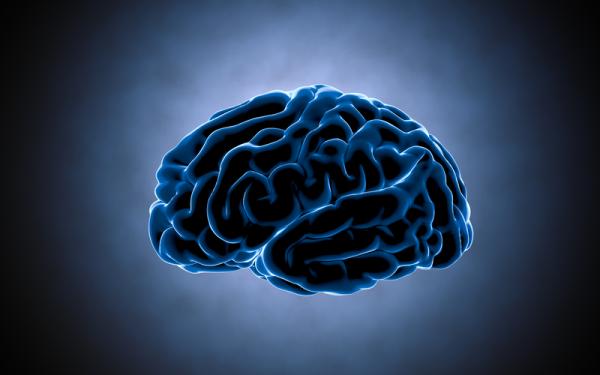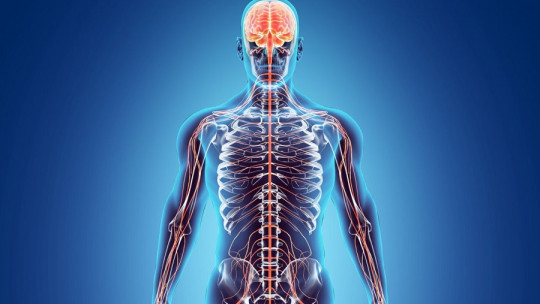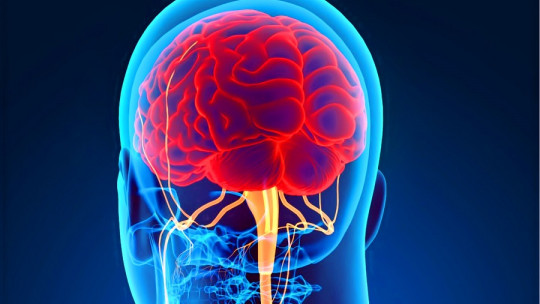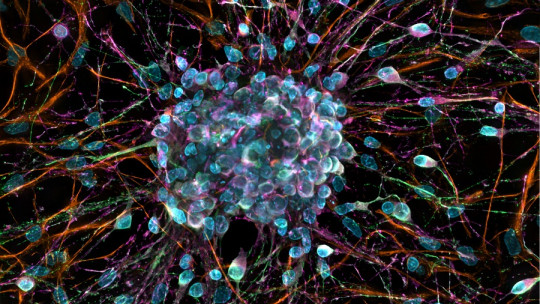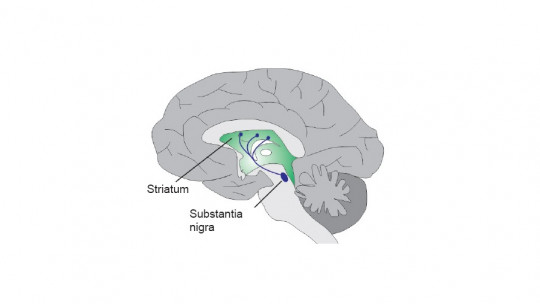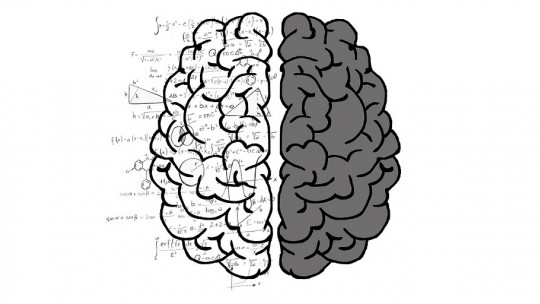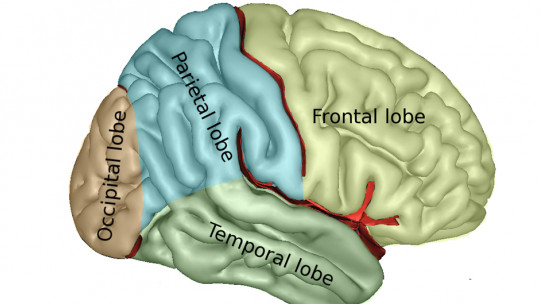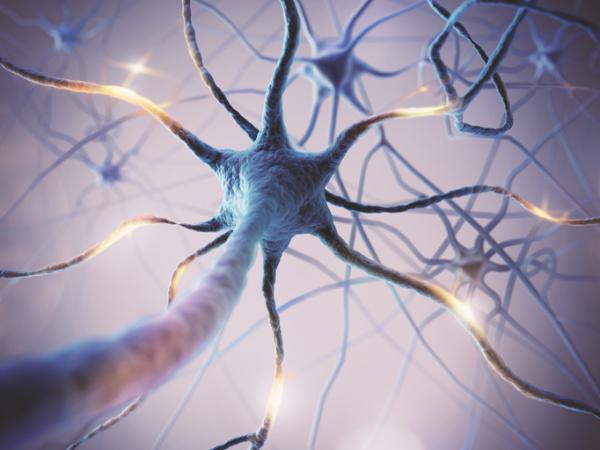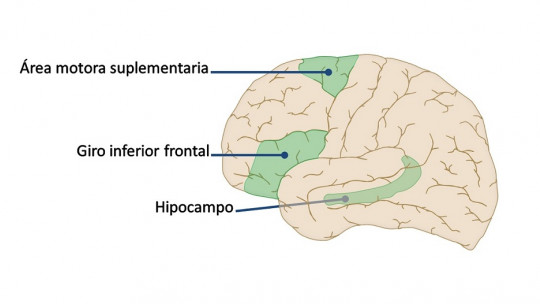The brain is the most important organ in the human body, since it performs the most important functions so that all vital processes can be carried out. Although the brain is usually related to the area of thought, the truth is that its usefulness is not reduced only to that. All movements, both voluntary and involuntary, are commanded by this organ, as well as speech and the production of transcendental chemical substances for the proper functioning of the body. For this reason, if any error occurs in its performance, unfavorable consequences may occur.
There are some components that allow neuronal connections to develop in an enjoyable way. In this PsychologyFor article, we will provide you with information about the Neurotrophins: what they are, what they are for and how to increase them
What are neurotrophins?
Neurotrophins are a group of chemicals that They collaborate in the regulation of neurons of the nervous system. In turn, these components can be located within a precise group of proteins that enable neuronal growth, development and survival.
On the other hand, neurotrophins also participate in the process of cell death, since this is how their regeneration occurs. It is important to understand that the human body has millions of cells, some of which can survive for longer times than others.
What are neurotrophins for?
What is the function of neurotrophins? Knowing the specific functions of neurotrophins will allow us to better understand the functioning of the human body. Below, we explain what they are:
Cell growth
Neurotrophins are involved in cell growth processes that make up the central nervous system. On the other hand, they also collaborate in their survival and in the generation of spaces within the organism. It should be noted that many cells die throughout our lives and there would be no space for the birth of others if it were not for the work of neurotrophins.
Cellular division
Another function of neurotrophins is to carry out the separation and/or division of cells which belong to both the central and peripheral nervous systems. If you want to know more about this topic, in the following article you will find the differences between the central and peripheral nervous systems.
How to increase neurotrophins
How to generate neurotrophins? Because of the importance of these chemicals and the complexities that can arise if they are not developed properly, it is important to consider how to increase them. Next, we explain some ways to increase neurotrophins:
Healthy nutrition
To avoid a deterioration in the functioning of neurotrophins, it is important eat healthy foods such as fish, nuts, whole grains, vegetables and olive oil, among others. However, the regulation of each food should be supervised by a health professional specialized in the area of nutrition.
These foods not only reduce the chances of degenerative diseases, but also promote an increase in the production of neurotrophins.
Physical exercise
From research-based studies it has been proven that the increase in neurotrophins is achieved with physical exercise. This fact is directly related to the activation of electrical signals that cause greater performance of these chemical substances.
Control of specific motor and cognitive skills
There are activities that can promote the production of neurotrophins, such as using parts of the human body that are not dominant for the person. In turn, the development of cognitive activities That involve the area of thought such as reading books or learning new hobbies can also increase the number of neurotrophins.

Relationship of neurotrophins with attention disorders
Although this area of study is still in development, certain research has determined that there may be a relationship between neurotrophins and attention disorders. This hypothesis is based on having observed a decrease in the production of these chemical substances in areas of the central nervous system linked to human attention processes.
Beyond the fact that other factors must be taken into account when making a diagnosis linked to an attention disorder, genetic predisposition and the functioning of the organism have a clear influence on the way a human being processes information.
This article is merely informative, at PsychologyFor we do not have the power to make a diagnosis or recommend a treatment. We invite you to go to a psychologist to treat your particular case.
If you want to read more articles similar to Neurotrophins: what they are, what they are for and how to increase them we recommend that you enter our Neurosciences category.
Bibliography
- Asal Camacho, M. (1997). The neurotrophins. Mental Health Magazine, 20 (2), 55-59.
- Bogetti, M.E. (2015). Neurotrophins and neuroprotection in the developing CNS: role of NGF and its receptors after a perinatal hypoxia event. Faculty of Exact and Natural Sciences. Buenos Aires’ University.

